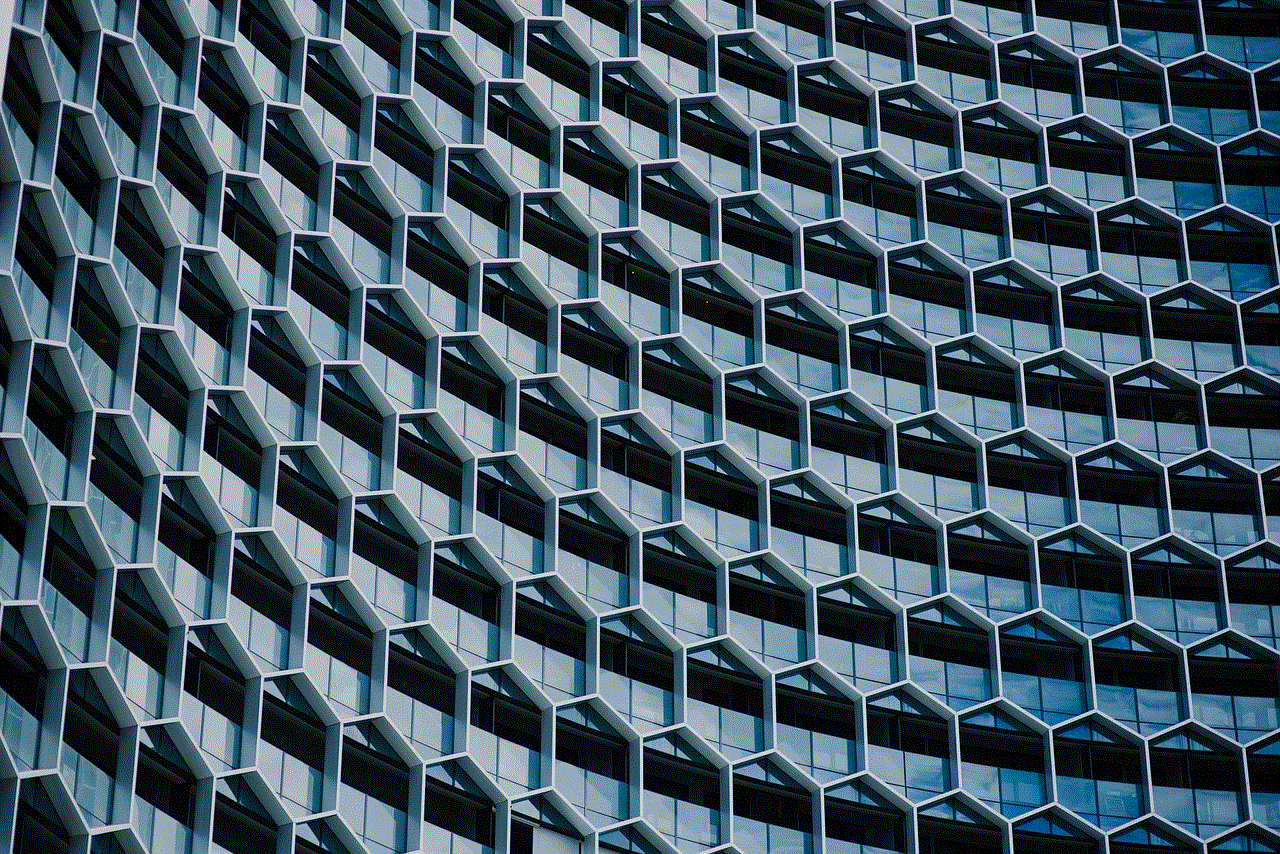city of god parents guide
“City of God” is a critically acclaimed Brazilian crime drama film, directed by Fernando Meirelles and co-directed by Kátia Lund. Released in 2002, the film is based on the novel of the same name by Paulo Lins and depicts the rise of organized crime in the favelas of Rio de Janeiro. It has been praised for its gritty and realistic portrayal of violence and poverty, and has become a cultural phenomenon in Brazil and around the world. In this article, we will delve deeper into the world of “City of God” and explore its themes, characters, and impact on society.
The film is set in the Cidade de Deus (translated as “City of God”), a favela or shantytown in Rio de Janeiro, known for its high levels of crime and poverty. The story follows the lives of two main characters, Rocket and Li’l Zé, who were both born and raised in the City of God. Rocket, played by Alexandre Rodrigues, is a young aspiring photographer who dreams of escaping the violent and dangerous favela. Li’l Zé, played by Leandro Firmino, is a ruthless gang leader who rose to power in the City of God through violence and intimidation.
The film is divided into three parts, each focusing on different time periods and perspectives. The first part, titled “The Chicken Run,” introduces us to the characters and their lives in the City of God. It shows the harsh reality of living in a favela, where children are exposed to violence and crime at a very young age. The second part, titled “The City of God,” follows Li’l Zé’s rise to power and the formation of his drug empire. The last part, titled “The Return of the Hood,” shows the consequences of a life of crime and violence.
One of the most striking aspects of “City of God” is its raw and unapologetic portrayal of violence. The film does not shy away from showing the brutal reality of life in the favelas, where violence is a part of everyday life. The characters are constantly exposed to shootings, gang wars, and police brutality. The film also shows how violence begets more violence, as the characters are trapped in a never-ending cycle of revenge and retaliation.
The film also explores the theme of poverty and its impact on society. The residents of the City of God have limited opportunities for education and employment, which leads many to turn to a life of crime. The film shows how poverty and lack of opportunities can push people towards a path of violence and crime. It also sheds light on the systemic issues that contribute to the perpetuation of poverty in favelas, such as government neglect and corruption.
One of the most memorable characters in the film is Li’l Zé, who represents the epitome of evil. He is a product of his environment, growing up in the City of God with no role models or guidance. As he gains power and wealth, he becomes more ruthless and violent, showing no remorse for his actions. However, the film also humanizes him, showing the vulnerable side of his character and the circumstances that led him to become a gang leader.
On the other hand, Rocket represents hope and a desire for a better life. He is determined to break free from the favela and pursue his passion for photography. Throughout the film, he witnesses the violence and corruption around him, but he remains true to his moral compass and refuses to partake in criminal activities. Rocket’s character is a symbol of resilience and the power of dreams to transcend the harsh realities of life in the favelas.
Apart from the main characters, “City of God” also features a vast and diverse ensemble cast, including actors from the favelas who had no previous acting experience. This adds to the authenticity of the film and gives a voice to the people who are often marginalized and misrepresented in mainstream media. The film also received critical acclaim for its fast-paced editing, vibrant cinematography, and use of real locations in the City of God.
“City of God” was not only a commercial success but also had a significant impact on Brazilian society. It sparked discussions about the issues faced by favelas and the need for social and economic reforms. The film also brought attention to the talented filmmakers and actors in Brazil and opened doors for more diverse and authentic storytelling in the country’s film industry.
In conclusion, “City of God” is a powerful and thought-provoking film that tackles complex themes such as violence, poverty, and the human condition. It is a gripping and emotional rollercoaster that will stay with you long after the credits roll. The film’s success is a testament to the universal appeal of its story and characters, transcending cultural and language barriers to become a global phenomenon. “City of God” is a must-watch for anyone interested in thought-provoking cinema and a deeper understanding of the human experience.
why does my snapchat keep logging me out
Snapchat is one of the most popular social media platforms in the world, with millions of active users. It allows people to share photos, videos, and messages with their friends and followers in real-time. However, one issue that many Snapchat users encounter is being constantly logged out of their account. This can be a frustrating experience, especially if you use the app frequently. In this article, we will explore the reasons why Snapchat might be logging you out and what you can do to fix it.
Before we dive into the details, it is important to understand how Snapchat works. The app uses a combination of your username and password to identify your account and keep you logged in. However, there are other factors that can affect this process. Here are some of the possible reasons why Snapchat keeps logging you out:
1. Network Connection Issues
One of the most common reasons why Snapchat might be logging you out is due to network connection issues. If you are using a slow or unstable internet connection, it can affect the app’s performance and cause you to get logged out. This is because Snapchat needs a stable internet connection to function properly and if the connection is not strong enough, it can lead to frequent logouts. So, if you notice that you are getting logged out of Snapchat often, check your internet connection and try using a different network to see if it makes a difference.
2. Outdated App Version
Another reason why Snapchat might be logging you out is that you are using an outdated version of the app. Snapchat regularly releases updates to fix bugs and improve the overall user experience. If you are using an older version of the app, it might not be compatible with the latest features, and this can lead to random logouts. To avoid this, make sure to update your Snapchat app regularly from the Google Play Store or the App Store.
3. Using Multiple Devices
Snapchat allows users to log into their account from multiple devices. However, if you are logged into your account on two or more devices simultaneously, it can cause conflicts and lead to logouts. This is because Snapchat can only keep you logged in on one device at a time. If you are using Snapchat on your phone and your tablet, for example, make sure to log out of one device before logging into the other. This can help prevent frequent logouts.
4. Security Reasons
Snapchat takes the security of its users’ accounts seriously. If the app detects any suspicious activity on your account, it might log you out as a security measure. This can happen if you log into your account from a new device or location, or if someone else tries to access your account without your permission. In such cases, Snapchat will automatically log you out and send a notification to your email address. If you receive such a notification, make sure to change your password immediately to secure your account.
5. Clearing App Cache
If you have been using Snapchat for a while, the app’s cache might have accumulated a lot of data, which can affect its performance. If the cache is too large, it can cause the app to crash or log you out. To fix this, you can clear the app’s cache from your phone’s settings. Go to Settings > Apps > Snapchat > Storage > Clear Cache. This will help free up some space and improve the app’s performance.
6. Using Unofficial Apps
There are many third-party apps and websites that claim to offer additional features for Snapchat. However, using these unofficial apps can put your account at risk and cause frequent logouts. These apps often require you to enter your Snapchat username and password, which can compromise your account’s security. Snapchat strictly prohibits the use of such apps, and if they detect that you are using one, they might log you out and even ban your account. So, it is always best to stick to the official Snapchat app.
7. Corrupted App Data
Sometimes, the data of an app can get corrupted, which can cause issues with its functioning. If your Snapchat app data is corrupted, it can lead to logouts and other problems. To fix this, you can try clearing the app’s data from your phone’s settings. Go to Settings > Apps > Snapchat > Storage > Clear Data. This will reset the app and remove any corrupted data, which can help resolve the issue.
8. Server Issues
At times, Snapchat might experience server issues, which can cause the app to crash or log you out. This is not something that you can control, and the only thing you can do is wait for the issue to be resolved by Snapchat’s technical team. If you suspect that the issue might be on Snapchat’s end, you can check their Twitter or support page for any updates or announcements.
9. Inactive Account
If you have not used your Snapchat account for a long time, it can get deactivated. Snapchat deactivates accounts that have been inactive for more than six months, and if your account is one of them, you will get logged out automatically. To reactivate your account, all you have to do is log in with your username and password. However, if your account has been inactive for more than a year, it will get permanently deleted, and you will not be able to recover it.
10. Device Compatibility
Lastly, Snapchat might be logging you out if you are using an old or unsupported device. Snapchat requires a certain level of hardware and software specifications to function properly. If your device does not meet these requirements, it can cause issues with the app’s performance and lead to logouts. If you are using an older device, you might want to consider upgrading to a newer one to avoid such problems.
In conclusion, if your Snapchat app keeps logging you out, there can be several reasons behind it. From network connection issues to inactive accounts, there are many factors that can affect the app’s performance and lead to frequent logouts. By understanding these reasons and following the tips mentioned in this article, you can resolve the issue and enjoy a smooth Snapchat experience. Remember to keep your app and device up to date, use a stable internet connection, and follow Snapchat’s guidelines to avoid any security issues.
how do you hide apps on iphone
In today’s digital age, smartphones have become an essential part of our daily lives. With the advancement of technology, there seems to be an app for almost everything – from social media to banking, from entertainment to productivity. While having a variety of apps at our disposal can be convenient, it can also lead to cluttered home screens and privacy concerns. This is where the option to hide apps on iPhone comes in handy. In this article, we will discuss everything you need to know about hiding apps on iPhone, including why you might want to do it and how to do it effectively.
Why Would You Want to Hide Apps on iPhone?
There are several reasons why someone might want to hide apps on their iPhone. One of the main reasons is privacy. There might be certain apps on your phone that contain sensitive information, such as banking or personal health apps, that you would not want others to have access to. By hiding these apps, you can ensure that your private information remains safe.
Another reason could be to declutter your home screen. With hundreds of apps available for download, it is common for our home screens to become cluttered with apps that we rarely use. This can make it difficult to find the apps we need, causing frustration and wasting time. By hiding these apps, you can have a more organized and streamlined home screen, making it easier to find the apps you use frequently.



Moreover, hiding apps on iPhone can also be a helpful tool for parents. With the increasing use of smartphones by children, parents might want to restrict their access to certain apps, such as social media or gaming apps, for various reasons. By hiding these apps, parents can have better control over the apps their children use and limit their screen time.
How to Hide Apps on iPhone?
There are a few different ways to hide apps on iPhone, depending on the version of iOS you are using. Let’s take a look at the different methods.
1. Use the App Library Feature (iOS 14 and Higher)
If you have updated your iPhone to iOS 14 or higher, you might have noticed a new feature called the App Library. This feature automatically organizes your apps into different categories, making it easier to find and access them. You can also use this feature to hide apps that you do not want on your home screen.
To hide an app using the App Library feature, follow these steps:
Step 1: Swipe left on your home screen until you reach the App Library.
Step 2: Tap on the search bar at the top and type in the name of the app you want to hide.
Step 3: Press and hold the app icon until a pop-up menu appears.
Step 4: Tap on the “Remove App” option.
Step 5: Select the “Remove from Home Screen” option.
This will remove the app from your home screen, but it will still be accessible through the App Library.
2. Use the “Restrictions” Setting (iOS 13 and Lower)
If you have an older version of iOS, you can still hide apps on your iPhone by using the “Restrictions” feature. This feature allows you to customize and restrict certain features and apps on your iPhone.
To hide apps using the “Restrictions” setting, follow these steps:
Step 1: Go to “Settings” and tap on “General”.
Step 2: Scroll down and tap on “Restrictions”.
Step 3: If you have not set up restrictions before, you will be prompted to create a passcode. Make sure to remember this passcode as it will be required to access restrictions in the future.
Step 4: Scroll down and toggle on the “Restrictions” option.
Step 5: Scroll down and tap on “Allowed Apps”.
Step 6: Toggle off the apps that you want to hide.



Step 7: Exit the “Restrictions” menu, and you will notice that the apps you have selected are no longer visible on your home screen.
3. Use a Third-Party App
There are several third-party apps available on the App Store that can help you hide apps on your iPhone. These apps offer additional features and customization options, making it easier to hide and access your apps. Some popular options include App Hider, Hide it Pro, and Private Calculator.
To use a third-party app to hide your apps, follow these steps:
Step 1: Download and install the app of your choice from the App Store.
Step 2: Open the app and follow the instructions to set it up.
Step 3: Once the app is set up, you can select the apps you want to hide from your home screen.
Step 4: The app will create a hidden folder or vault where the selected apps will be stored.
Step 5: You can access the hidden apps by opening the app and entering the designated passcode or using the app’s fingerprint or Face ID feature.
Tips for Hiding Apps on iPhone
While hiding apps on iPhone can be a useful tool, there are a few things to keep in mind to ensure a smooth and efficient experience.
1. Do Not Hide Built-In Apps
It is essential to note that you cannot hide built-in apps on your iPhone, such as Phone, Messages, or Safari . These are essential apps that cannot be removed or hidden from your home screen.
2. Do Not Hide Too Many Apps
Hiding too many apps on your iPhone can make it difficult to find and access them, defeating the purpose of hiding them in the first place. It is recommended to only hide apps that contain sensitive information or are rarely used.
3. Do Not Hide Important Apps
Avoid hiding important apps, such as banking or email apps, as it can make it inconvenient to access them when needed. Instead, use the “Restrictions” setting to restrict access to these apps.
4. Be Mindful of Your Passcode
If you have set up a passcode for your phone, make sure to remember it as it will be required to access the hidden apps.
Conclusion



Hiding apps on iPhone can be a useful tool for privacy, organization, and parental control. With the various methods available, you can easily hide apps on your iPhone without the need for any additional software. By following the tips mentioned above, you can effectively hide your apps and have a more streamlined and secure experience on your iPhone.